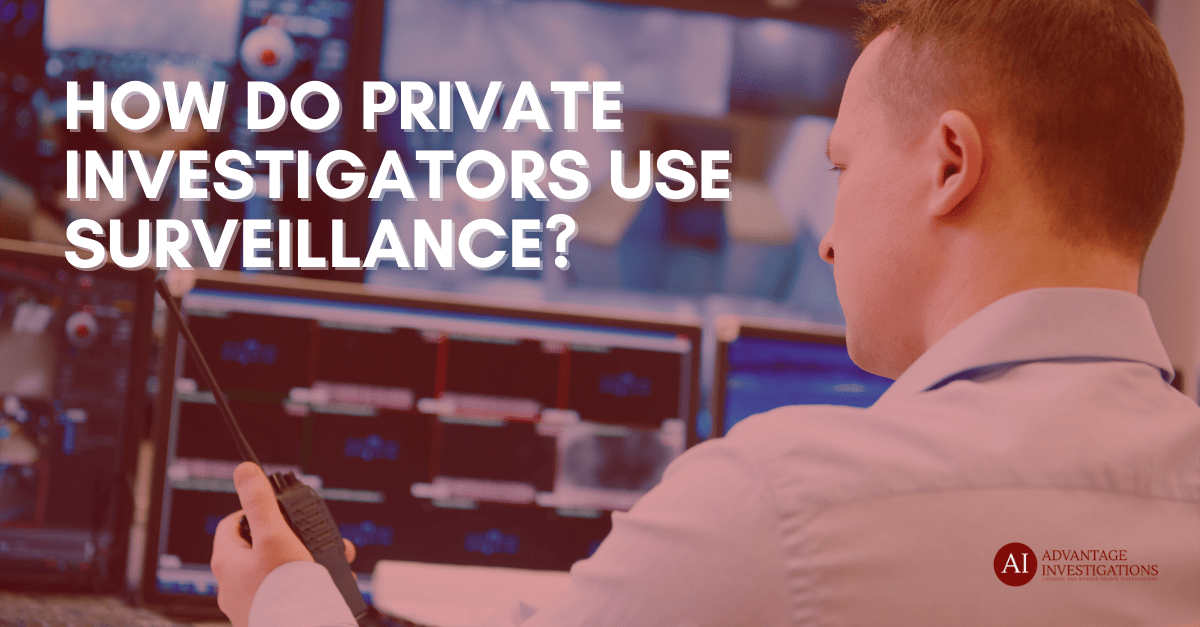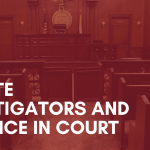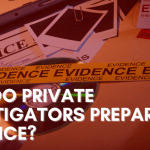One common misconception about private investigators is that they use surveillance to monitor people in private spaces. For example, some might imagine them staking out an individual’s home. This is inaccurate, however, private investigators are not part of law enforcement (whether they have had previous experience in this field or not). They hold the same rights as a private citizen.
What they can do, on the other hand, is perform surveillance on people in public spaces. In other words, a place where people cannot hold a reasonable expectation of privacy. In such contexts, private investigators can make use of surveillance. And they have a wide array of techniques at their disposal.
But before we dive into these, let’s define surveillance. This is when a PI closely observes an individual, an area or an object of import. It’s a very effective tool, useful in uncovering important information used for various types of legal proceedings, or even criminal investigations.
What kind of surveillance might a PI use?
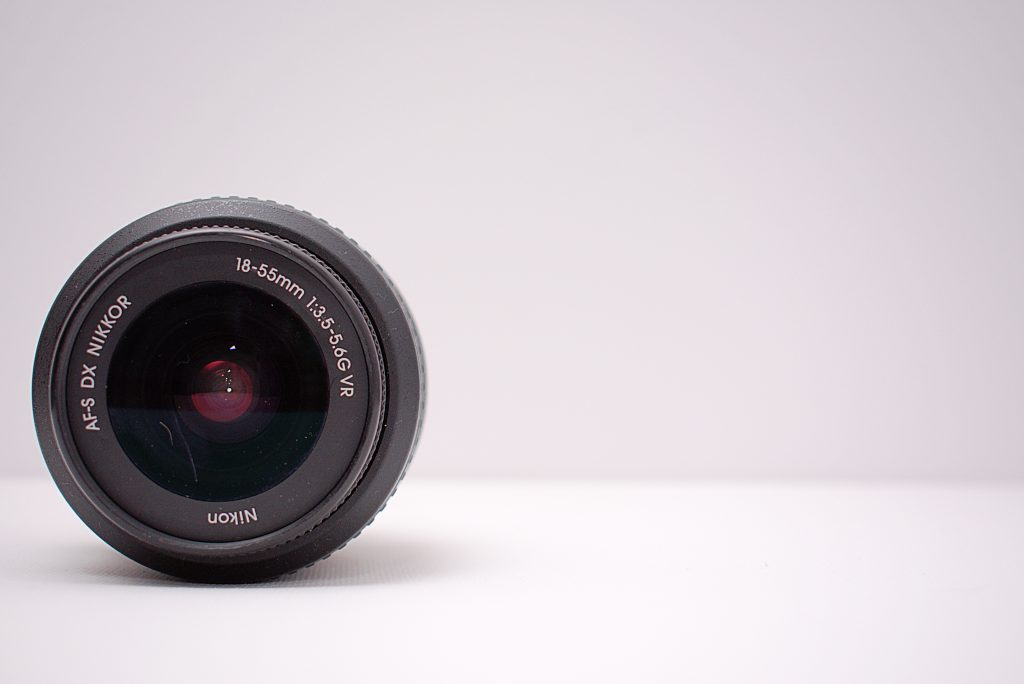
There are four main types of surveillance:
- Digital: This constitutes any given person’s activity online. Since most of these digital areas are public, PIs are able to access this information and analyze it as necessary. Social media for instance can be a treasure trove of information. Revealing someone’s location at specific times or even video evidence of someone’s activities, and so on.
- Interviews: Anything that falls under interviewing someone is a form of surveillance. Private investigators often interview people to gather information for a particular case. Or even to help them in the process of performing a background check for a witness.
- Physical: This involves a private investigator physically approaching and observing a particular person, place or thing to gather the information they can only get in person. Such as, staking out a public location, or recording an individual’s activities in public spaces.
- Technical: This type of surveillance often supplements physical surveillance. It’s when a PI uses specific technology or tools to record non-written forms of information. For example, audio recording devices. They might use these on public transport to record someone’s conversation. Or a video camera to acquire video evidence of someone’s activities.
How do private investigators engage in surveillance?
Private investigators, particularly those that specialize in surveillance, are experts at blending in. This, of course, watching someone in public without drawing attention to yourself is difficult. Fortunately, PIs have solid experience in this regard.
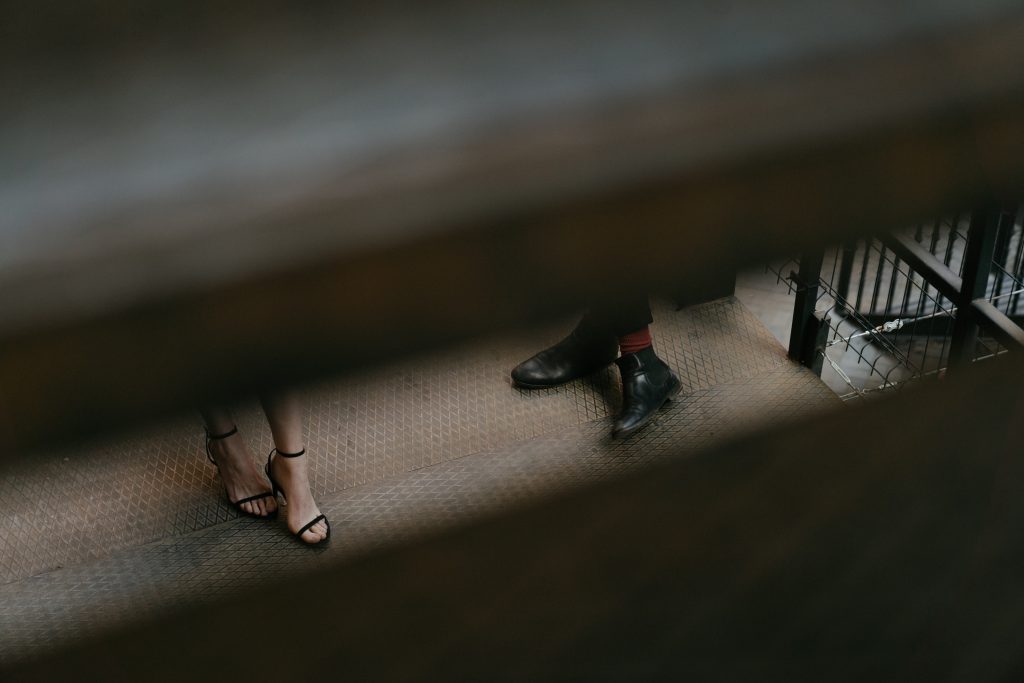
Reviewing other important publicly available data can also be an important part of surveillance. This is called passive surveillance. For example, work logs and safety reports can be crucial to insurance claims cases. As we mentioned before, social media checks and other platforms with public profiles can also provide a wealth of information, and they are a great starting point for any investigation.
Another important part of a PI’s surveillance methodology includes documenting absolutely everything. They are experts in presenting and prepping evidence for use in court, and this process starts from the moment they go out looking for evidence. They log everything, including the time and place certain information was collected, and so on.
If you find yourself in need of a licensed private investigator and their particular set of skills, please feel free to call us. Or simply click on this link to get in contact with one of our team members.

